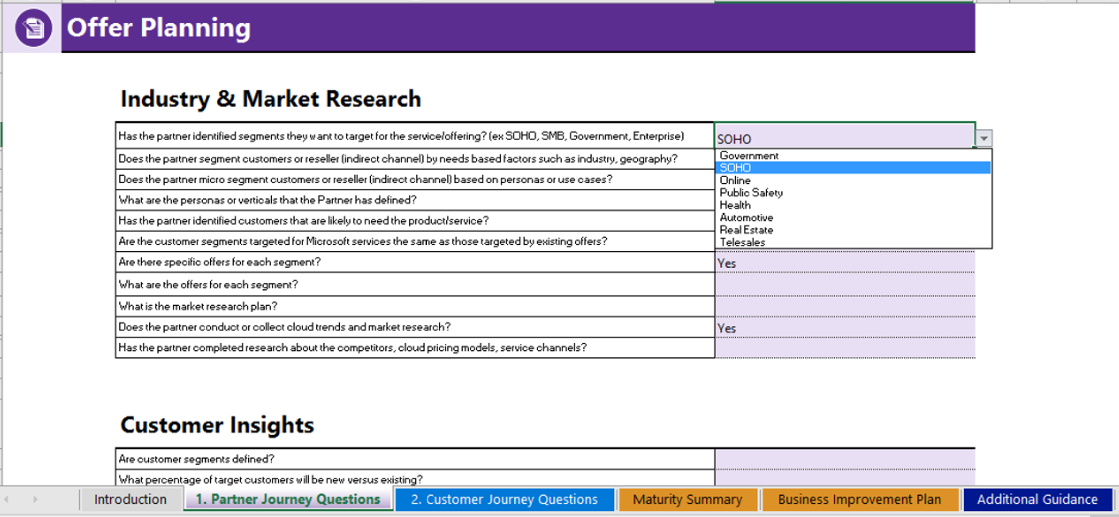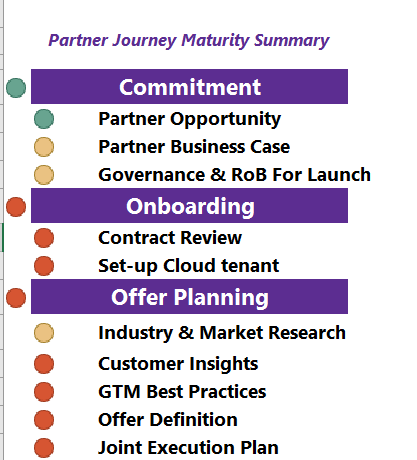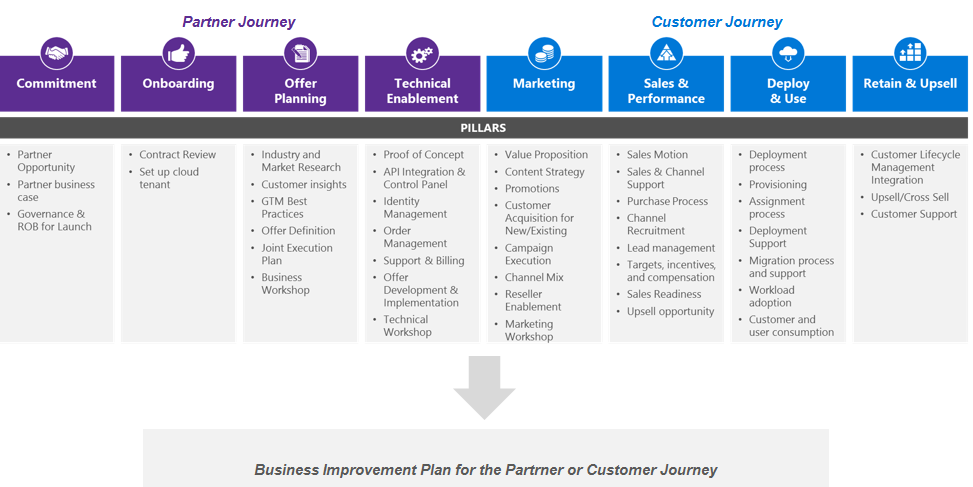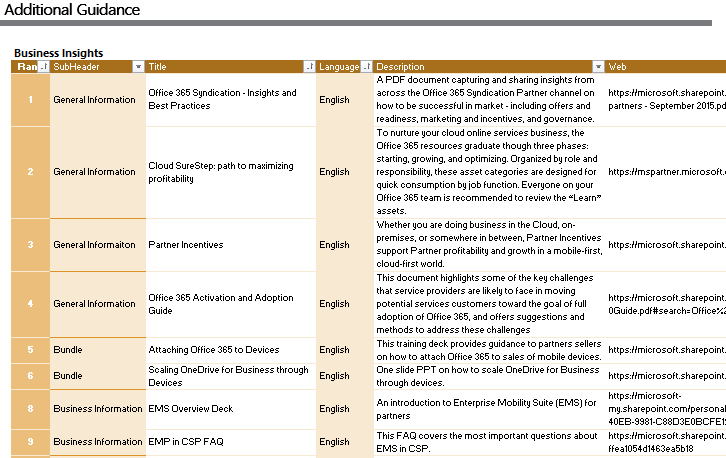It’s not a question of if but when your customers will redirect their budgets to the cloud.
IDC recently published research showing that 80 percent of businesses are deploying or embracing cloud solutions—and even more are evaluating their options. This digital transformation is making a big impact not only on the way organizations do business, but on how service providers create value for customers.
Gone are the days of selling one-size-fits-all technology to help perform daily IT functions. Today’s cloud buyer is first and foremost looking for the vendor who can activate a set of business outcomes, enabled by the best technology solutions for their infrastructure and budget. It can be a big change to the way you’re accustomed to selling services…and a big opportunity to generate more revenue and contribution margin—if you have the right approach.
Introducing a new approach to selling cloud services
We’ve created a framework to not just help you win more business, but to help secure long-term customers by providing the right level of guidance at every step in the cloud buyer journey. The Partner-Customer Journey Framework is a proven step-by-step Customer Lifecycle Management methodology to ramp up your productivity service offerings, and then start converting prospects by presenting the right offer, onboarding new customers, and driving usage, upsells and retention.
This framework is currently tailored for selling Office 365, one of the first solutions small and medium sized businesses adopt when replacing onsite technology infrastructure. As the lynchpin to achieving customer value over time, Office 365 secures the customer’s participation in a Cloud-first world and an optimal entry point for additional revenue streams, such as bundled or add-on outsourced IT solutions.
You can explore the stages in the Partner-Customer Journey framework in this interactive view.
Transformation Framework Tool: Better engagement at every step of the journey
It’s no secret that winning more business is about making the most of every interaction with prospects and customers. The Transformation Framework tool is exactly what you need to engage better at every step of the partner-customer journey. It assesses your current stage in the journey with resources and actions for next steps, guiding you through the journey states with insights to help determine the right approach for your business.
Let’s take a quick look at the elements of the Transformation Framework tool.
Q&A  It’s easy to get started. Simply answer questions aligned to each phase in the partner-customer journey. The Commitment section, for instance, will ask you about your readiness to sell cloud solutions—whether you sell Microsoft services today, your current sales channels to reach customers, the status of your business case and governance, and so on.
It’s easy to get started. Simply answer questions aligned to each phase in the partner-customer journey. The Commitment section, for instance, will ask you about your readiness to sell cloud solutions—whether you sell Microsoft services today, your current sales channels to reach customers, the status of your business case and governance, and so on.
You’ll progress through sections covering the partner journey—Onboarding, Offer Planning, and Technical Engagement—and then a set of questions for the customer journey states—marketing readiness, including your audience, value proposition and content strategy; sales readiness; deployment process; and retention and upsell readiness.
With the Q&A complete, the real magic happens—insights into your readiness to sell and market cloud solutions, plus recommended actions to improve your business—all automatically generated based on your replies.
Maturity Summary
Based on your answers in the Q&A, the Transformation Framework presents your level of maturity for each element in the journey stage—green identifying the element, such as GTM best practices, are in place; yellow indicating it’s in progress; red identifying an area that needs improvement.

You don’t necessarily need to complete all actions to achieve the highest level of maturity in every phase of their journey. Factors that may influence a Partner's chosen level of maturity may include the characteristics of the market, the types of products offered, and the level of sophistication of targeted customer segments.
Business Improvement Plan
The next section, the business improvement plan, helps you increase usage and reduce churn. A set of recommended actions and resources are populated based on the answers to questions in the 'Questions' tab. You can use it as a working document to add actions, record completion of actions, and locate relevant information.
Also based on your answers, the Business Improvement Plan will present specific resources to help you complete action items—a huge time-saver that helps avoid hunting down information online.
Additional Guidance
The final section consolidates resources for each stage in the partner-customer journey, including demand generation assets by solution, sales and technical readiness materials, training, marketing assets, deployment assets, and much more—all organized for easy browsing.
Get Started!
In this article, we’ve introduced the Partner-Customer Journey and Transformation Framework Tool—the right approach to sell, deploy, onboard and support Microsoft Office 365. Take the next step by exploring how to ramp up your cloud productivity services. We’ve rounded up resources for each stage in the journey on the Office 365 solution page for hosting partners.


